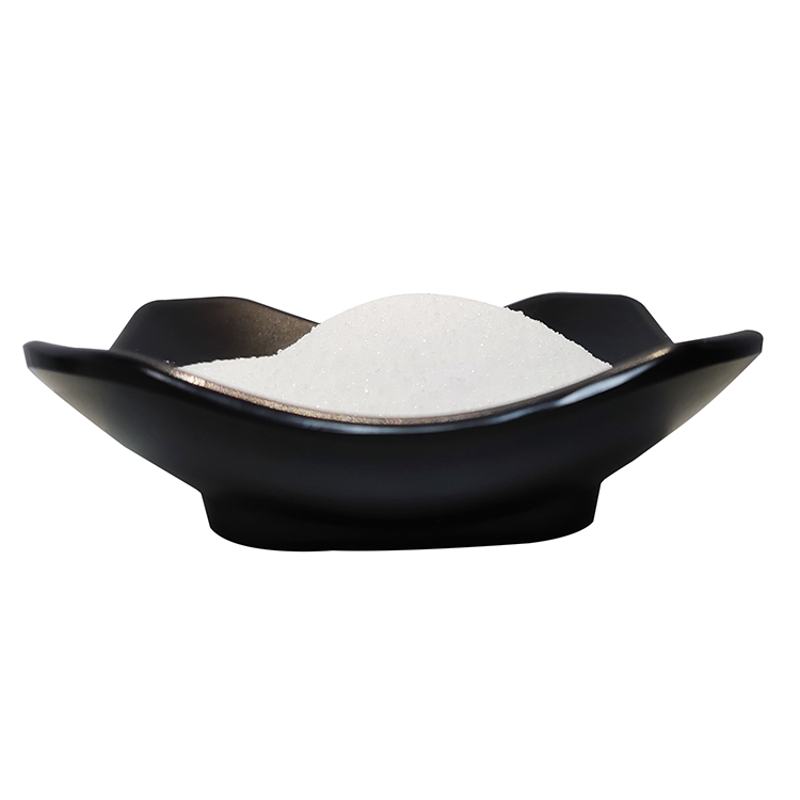-
Categories
-
Pharmaceutical Intermediates
-
Active Pharmaceutical Ingredients
-
Food Additives
- Industrial Coatings
- Agrochemicals
- Dyes and Pigments
- Surfactant
- Flavors and Fragrances
- Chemical Reagents
- Catalyst and Auxiliary
- Natural Products
- Inorganic Chemistry
-
Organic Chemistry
-
Biochemical Engineering
- Analytical Chemistry
-
Cosmetic Ingredient
- Water Treatment Chemical
-
Pharmaceutical Intermediates
Promotion
ECHEMI Mall
Wholesale
Weekly Price
Exhibition
News
-
Trade Service
When we think of healthy vegetables, we don't think of potatoes, but we should
.
Known for causing weight gain and increasing the risk of type 2 diabetes, potatoes are often included in lists of foods that should not be eaten, especially for people
with insulin resistance.
However, a new study published in the Journal of Medicinal Food by Pennington Biomedical Research Center says that potatoes don't actually increase the risk of disease, and that they're rich in key nutrients with health benefits
.
Dr.
Candida Rebello, an assistant professor at Pennington School of Biomedical Sciences, is a co-investigator of the study, which investigated how diet, including potatoes, affects key health indicators
.
Rebello, who is also a registered dietitian, said: "We demonstrated that contrary to popular belief, potatoes do not negatively
affect blood sugar levels.
In fact, the people who participated in our study lost weight
.
”
"People tend to eat the same weight of food, regardless of calorie content
," Rebelo explains.
"By eating low-calorie, heavy foods, you can easily reduce the calories
you consume.
The key to our research is that instead of reducing the portion of food, we reduced the calorie content
by adding potatoes.
Each participant's meal was tailored to their individual calorie needs, but by replacing some meat with potatoes, participants found themselves eating fuller, faster, and often even running out of meals
.
In fact, you can lose weight
effortlessly.
”
The study involved 36 participants between the ages of 18 and 60 who were overweight, obese or had insulin resistance
.
Insulin resistance refers to a condition
in which the body's cells do not respond well to insulin and glucose cannot enter the cells to produce energy.
Insulin resistance has been linked to obesity, high blood pressure, high cholesterol, and type 2 diabetes
Participants were fed a strictly controlled diet that included beans, peas, meat or fish, or white potatoes
containing meat or fish.
Both diets are high in fruits and vegetables, replacing about 40% of typical meat consumption with beans, peas, or potatoes
.
Previous studies have shown that eating beans and peas can improve blood sugar levels
in people with newly diagnosed type 2 diabetes.
To increase the dietary fiber content of potatoes, potatoes are cooked with their skin intact and then refrigerated for 12 to 24 hours
.
Potatoes are incorporated into lunch and dinner as the main entrées, such as shepherd's pie and creamy shrimp and potatoes, and served with side dishes such as mashed potatoes, oven-baked potato wedges, potato salad, and scalloped potatoes as the main course
for lunch and dinner.
"We maximize
the fiber content of potatoes.
When we compared diets containing potatoes to diets containing beans and peas, we found that they were the same
in terms of health benefits.
"People often don't stick to diets they don't like, or don't eat enough variety
.
" Meal plans offer a wide variety of dishes, and we show that a healthy eating plan can provide a variety of options
for individuals struggling to eat healthy.
In addition, potatoes are a fairly inexpensive vegetable that can be incorporated into the diet
.
”
Dr John Kirwan, Executive Director of the Pennington Biomedical Research Centre and principal investigator of the study, said: "Obesity is an incredibly complex disease and Pennington Biomedical Sciences is tackling it from three different fronts: studying how and why our bodies respond the way they do, studying how individuals respond to diet and physical activity, and policy-level discussions and community projects that incorporate our research into strategies
that local and global communities can use to live healthier lives.
This new data on the effects of potatoes on our metabolism adds exciting evidence
of what we have to do.
”
This work was supported in part by a grant initiated by researchers from the Potato Research and Education Consortium and in part by the National Institute of General Medical Sciences of the National Institute on Aging and the National Institute of Medical Sciences of the National Institutes of Health
, the Louisiana Center for Clinical and Translational Sciences.
The funders (the Potato Research and Education Alliance and the National Institutes of Health) played no role
in the design, analysis, or writing of the manuscript.
The content is solely the responsibility of the author and does not necessarily represent the official views
of the organizer.







